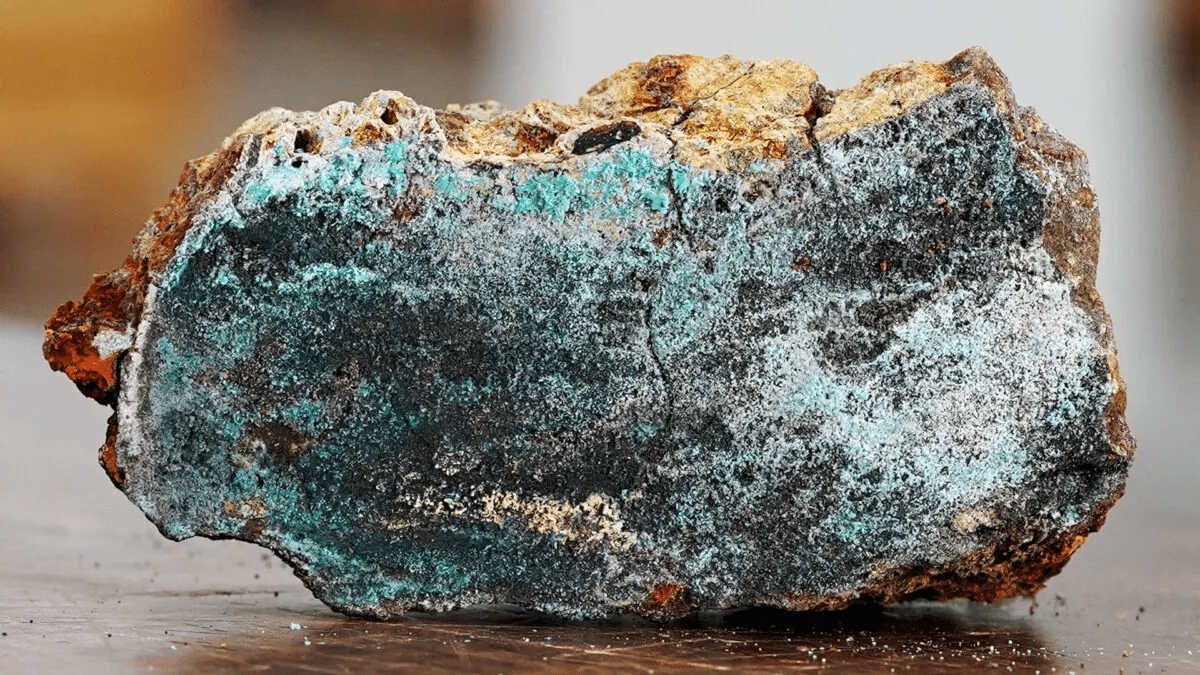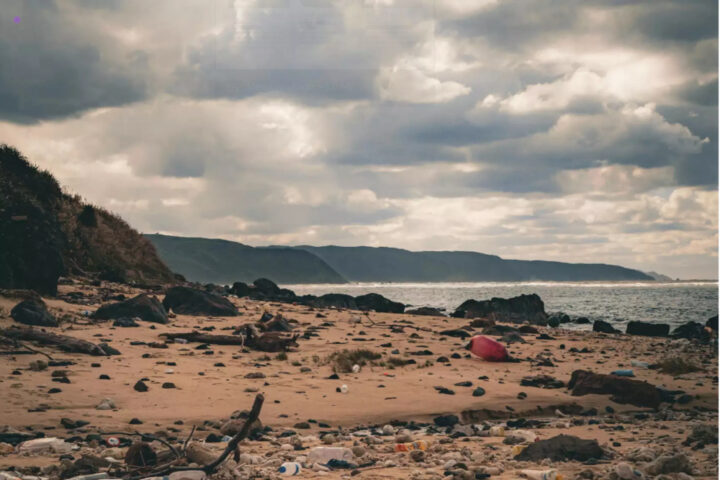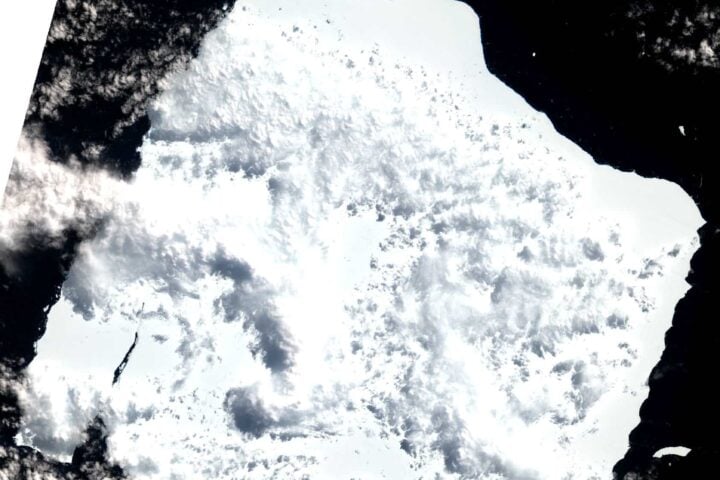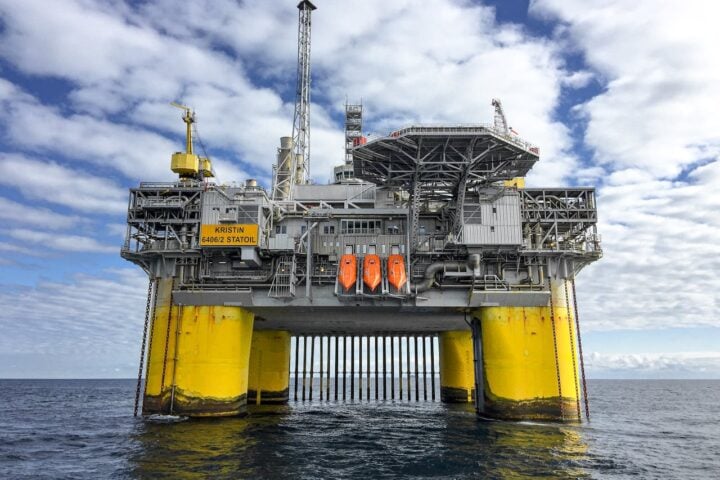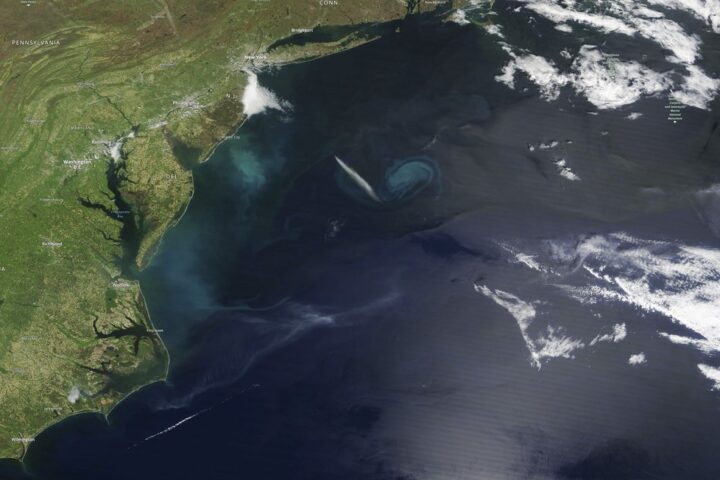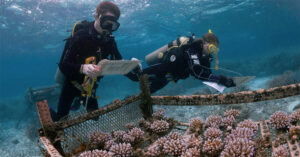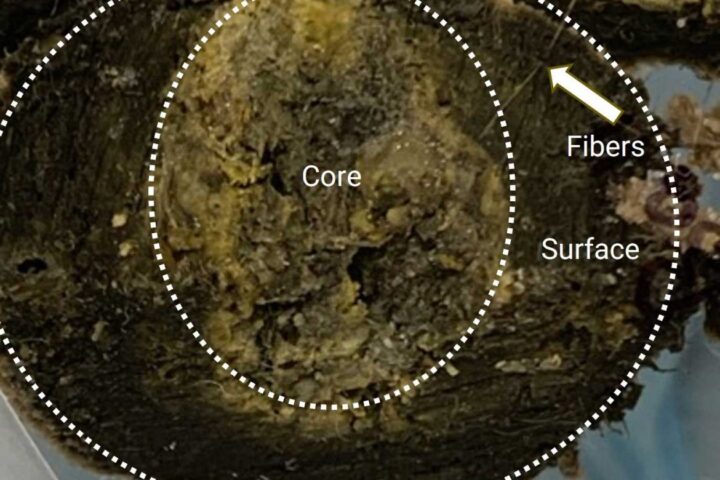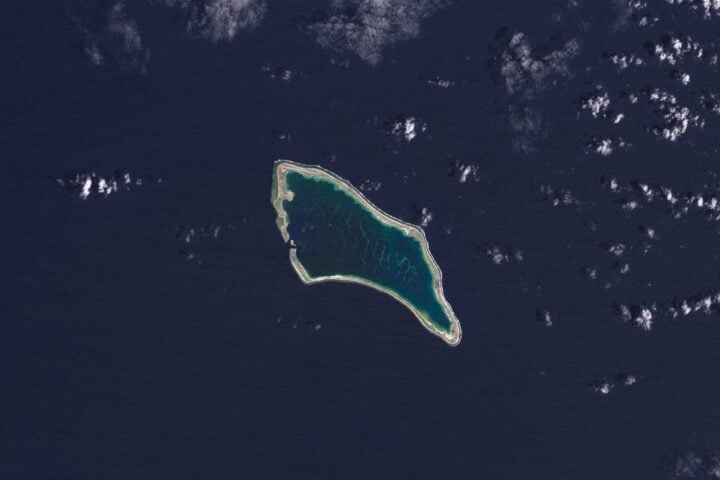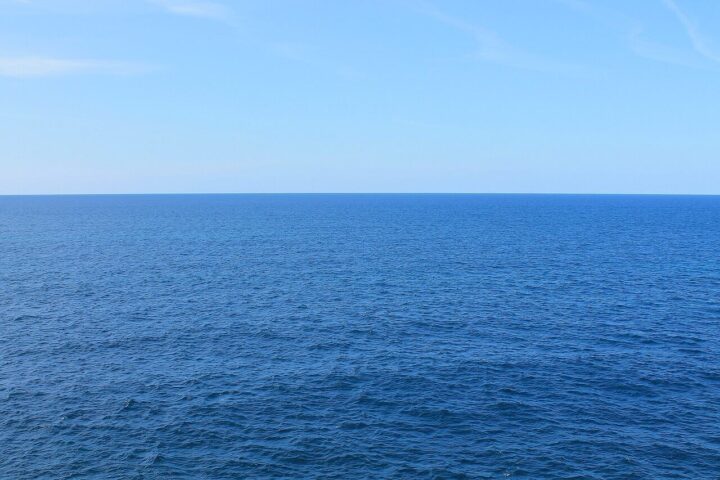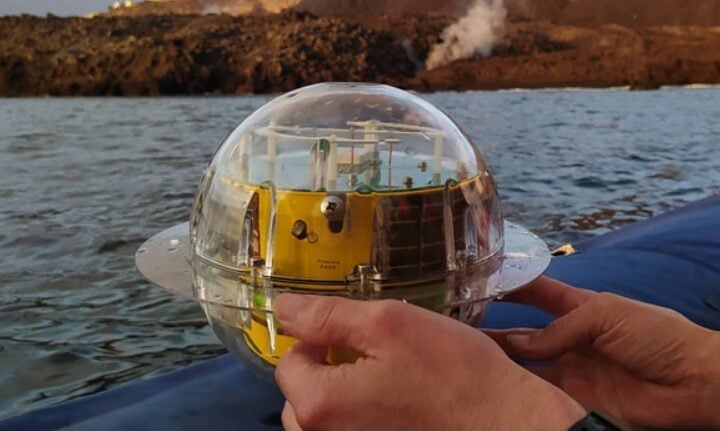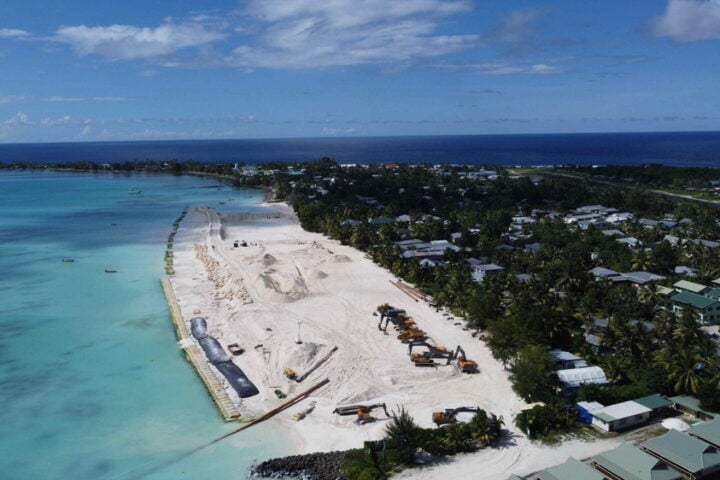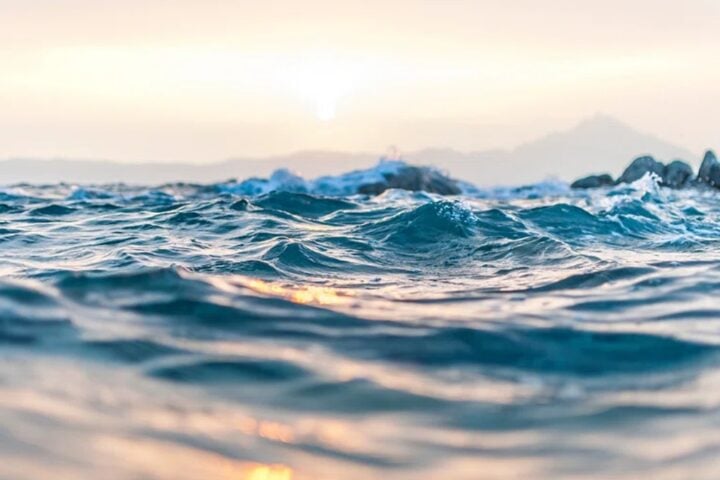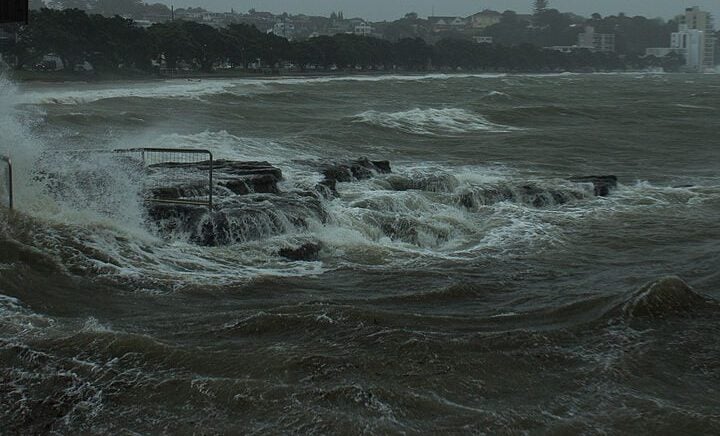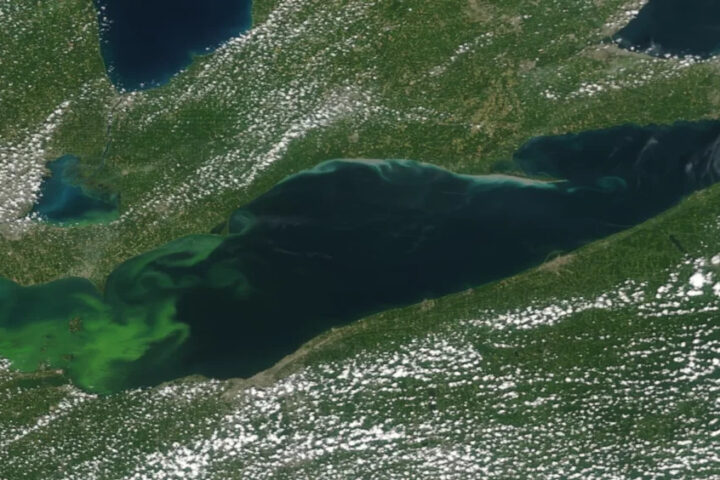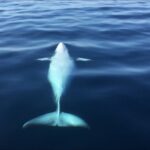A Norwegian study has uncovered the presence of a “substantial” number of metals and minerals, such as copper and rare earth elements, on the seabed of the country’s extended continental shelf. The Nordic nation, which is a significant oil and gas exporter, is weighing the option of allowing deep-sea mining in its offshore regions, an initiative that would need the consent of parliament and has sparked environmental concerns. The Norwegian Petroleum Directorate (NPD), the entity behind the study, stated in a statement that magnesium, niobium, cobalt, and critical minerals specified by the European Commission were among the metals found on the seabed in the study area.
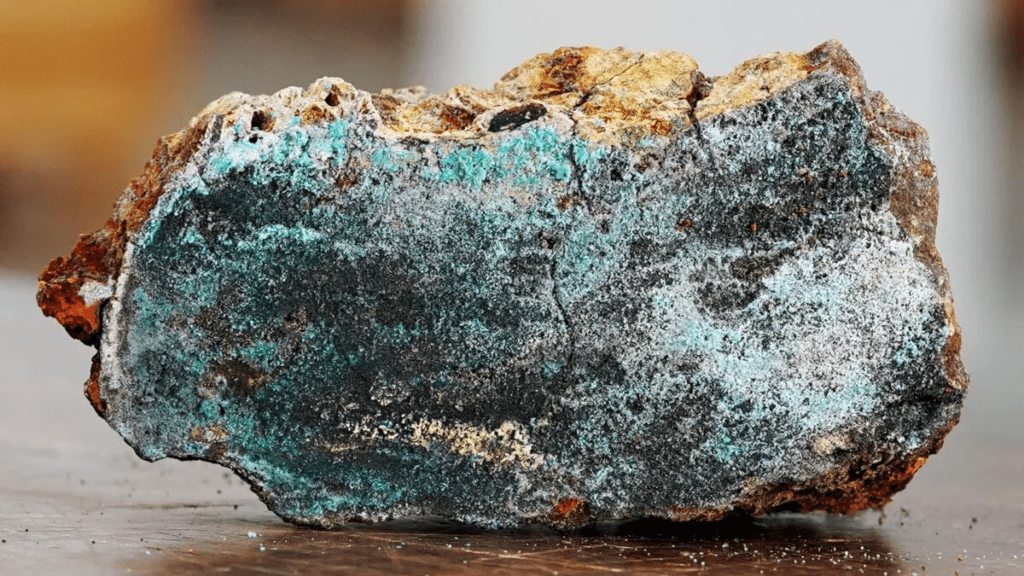
A recent Norwegian study has discovered a substantial quantity of valuable minerals, including copper and rare earth elements, on the seabed of its extended continental shelf. The findings, which were released by the Norwegian Petroleum Directorate, have caused the country to consider tapping into the reserves through deep-sea mining. However, this process requires approval from parliament and has raised concerns about its impact on the environment and currently at a halt. The study estimates that there are 38 million tons of copper, 45 million tons of zinc, 24 million tons of magnesium, 3.1 million tons of cobalt, and 1.7 million tons of cerium within the polymetallic sulphides and manganese crusts on the ocean floor. These resources were found in remote areas in the Norwegian Sea and Greenland Sea, and are located in the “black smokers” along the mid-ocean ridge.
An assessment carried out by the Norwegian Petroleum Directorate (NPD) has revealed an abundance of valuable minerals, including neodymium and dysprosium, in manganese crusts beneath the sea. These costly minerals are crucial components in the manufacturing of electric vehicle engines and wind turbines. However, environmental organizations are urging Norway to halt its plans for seabed mining until a comprehensive examination of the impact on seabed life is conducted.
The depths of the ocean remain largely unexplored and new species may still be discovered there, according to Norway’s Institute of Marine Research. In a consultation letter, the institute stated that there is a substantial lack of knowledge about the deep ocean. Meanwhile, the Norwegian Petroleum Directorate (NPD) has announced that its estimates for the amount of metals and minerals in the country’s extended continental shelf are “in place,” but more research is required to determine the recoverable amount while ensuring minimal impact on the environment.
